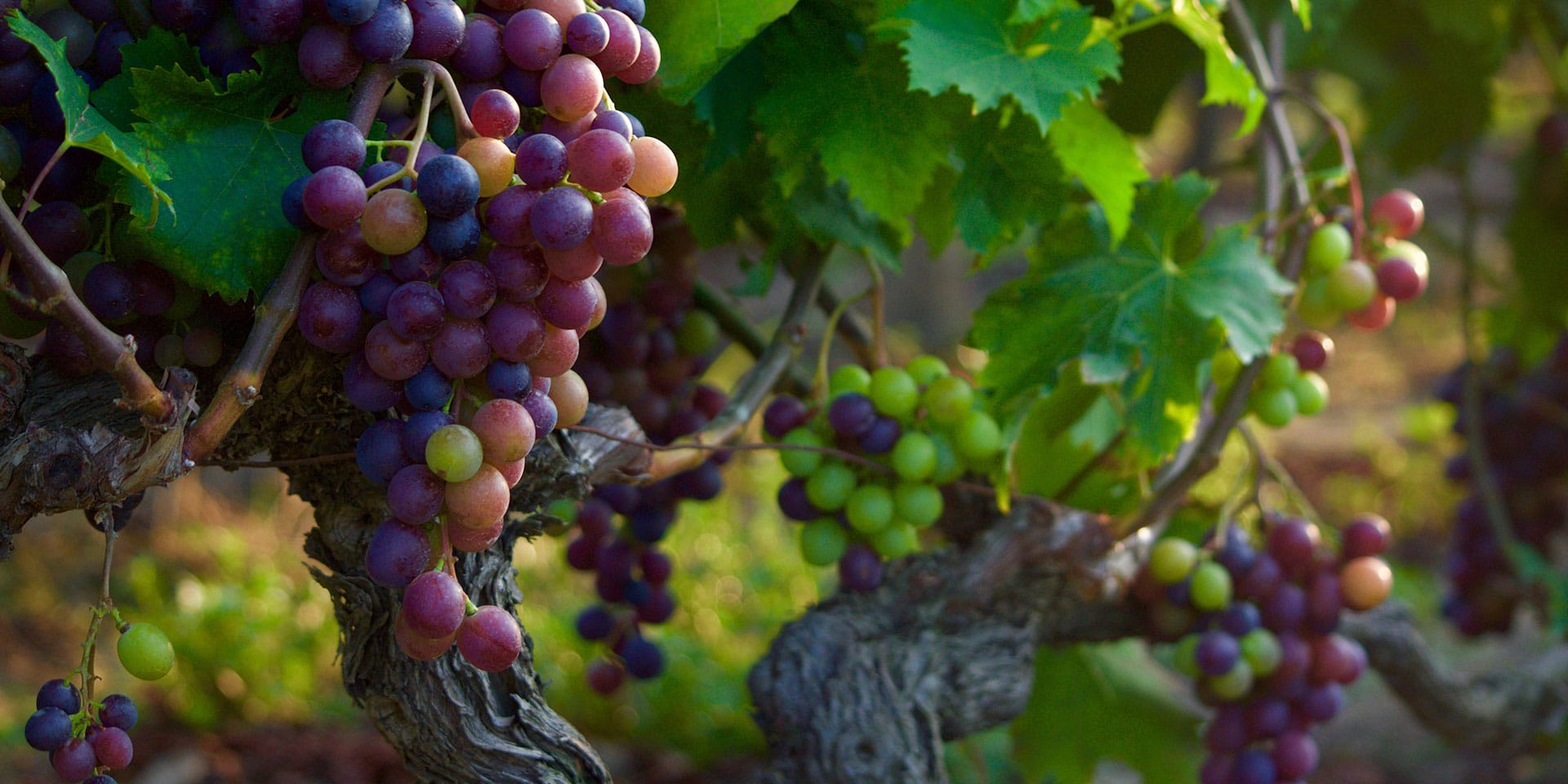Greece boasts a winemaking tradition that harks back to antiquity, when aristocrats hosted sumptuous all-male symposia where guests would drink, dine, sing and philosophize.
Today, the Mediterranean country is reaping the fruits of a revolution in wine production spanning some 15 years, launched by mostly French-educated vintners who gradually introduced state-of-the-art agricultural technology and vinification techniques to their family-run wineries. This has led to a vast improvement in the quality and range of Greek wines.
Following this first wave of change, Greek winemakers who made names for themselves creating wines that quietly earned accolades at international wine exhibitions are now seeing their progeny follow in their footsteps.
This new generation of winemakers is making its presence felt throughout the country’s wine-growing regions and — more importantly — is aiding in an ongoing revival of rare, ancient local grape varieties, some of which were almost lost to extinction.
Greece’s wineries remain relatively small-scale, with limited exports, so the best place to sample a fine drop or two is right there in the vineyard with the winemakers. And they love nothing more than revealing the story behind the wine.
Nemea: Deep Reds with the Singular Character of Agiorgitiko
Greece counts more than 300 indigenous wine-producing grape varieties. Ninety percent of wine is produced with native grapes, and 10 percent with international varieties. Greece is blessed with a varied range of microclimates, elevations and soil types, and the result is distinctive terroir-driven wines.
In the Peloponnese wine region of Nemea, oenos (wine in ancient Greek) has been produced uninterrupted for 3,500 years. It may be the country’s winemaking powerhouse, yet the planting, pruning and harvesting of grapes is still done by hand, as is the case throughout the country.
At Palivou Estate in Ancient Nemea, an easy 90-minute drive from Athens and part of the Peloponnese Wine Roads, vibrant young winemaker Evangelia was darting between the vines from the age of five, when her parents established the winery. She studied oenology in Burgundy and reflects the determination of her father George Palivos in crafting superb, memorable wines.
“Wine has a uniquely magical way of conveying stories to the person who drinks it. You can see it in their eyes,” she says.
“Despite the difficulties, my family and I share the same dreams, vision and love, and this ensures we are able to create great wines, while I also have the space to experiment with new things and promising ideas.”
The main focus at Palivou Estate is agiorgitiko, Greece’s most formidable red, which earned Nemea its European Protected Designation of Origin (PDO) status. One of their standout wines is Nohma, the Greek word for “meaning.” A heady, ruby-hued blend of aged cabernet sauvignon, syrah and agiorgitiko bursting with the aroma of black cherry, blackberry, dried fruit, figs, raisins and sweet spices, it will linger on your palate and mind.
Evangelia leads wine tastings where she will acquaint you with the legends and history of Nemea, whose ancient Temple of Zeus and stadium are a mere mile away.
Nearby, in Malandreni village, not far from ancient Mycenae and the attractive coastal town of Nafplio, you’ll find Domaine Skouras, another quintessential Nemea appellation winery that welcomes oenophiles year-round.
Pioneering oenologist George Skouras, who studied in Dijon, believes in minimal intervention in the winemaking process and achieving a singular terroir imprint. His son Dimitris Skouras, educated in Montpellier, worked in the Rhône Valley, Champagne, Santorini and the Ionian isle of Kefalonia before returning to the family business.
Indigenous pink-skinned grape varieties roditis, alepou and moschofilero, all normally used to produce white wine, are cultivated there, while lesser-known regional red mavrostifo, a variety that almost vanished, is a more recent adoptee.
An Ethereal, Fruity White of the North
If you happen to be in Thessaloniki, dedicate a half day to visiting Ktima Gerovassiliou in the rural village of Epanomi, 40 minutes by car from the northern port city.
In the early ’80s, Bordeaux-trained Vangelis Gerovassiliou breathed new life into the family vineyard and created a 176-acre single vineyard that takes in atmospheric views of Mount Olympus and the Thermaic Gulf.
Among varieties cultivated are malagousia, a Greek grape that Gerovassiliou rescued from oblivion, attracting awards and rave reviews from wine critics who adore this luscious white that exudes aromas of pear, mango and citrus.
Vangelis’ son Argyris Gerovassiliou, also a Bordeaux graduate, had always intended to join his father at the wine press and is confident that Greek wine is ready to reach the next level.
“Growing up in a family of winemakers, I learned about wine, loved it, and in some way, it became a part of me,” he says.
“My generation of winemakers has not only undertaken specialized studies, but was raised in the vineyard, which affords us a great advantage in terms of familiarization with the subject from a very young age.”
And while you’re there, don’t miss the wine museum where you can pore over a 2,600-strong corkscrew collection featuring elaborate pieces dating to the 18th century.




